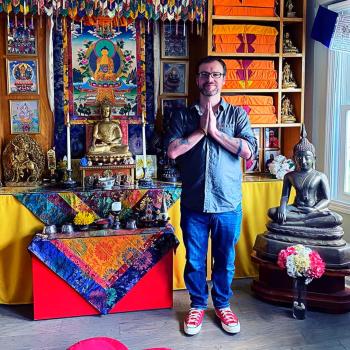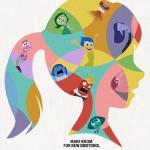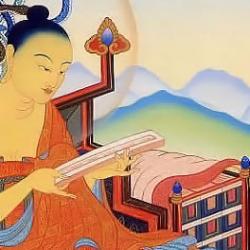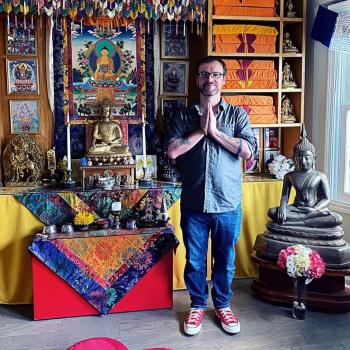“The seed of suffering in you may be strong, but don’t wait until you have no more suffering before allowing yourself to be happy.” -Thich Nhat Hanh
if you’d rather listen to a talk on this subject, click here: Suffering
Life is full of suffering. That is a foundational teaching in the Buddhist tradition. That teaching hasn’t always resonated with me. “Suffering” feels like a really big word. When I think of that word, I think of being tortured or abused or something. But the suffering we’re talking about is often more of a quiet desperation. We have expectations and the world doesn’t meet them all the time. That makes us unhappy. But the world will never meet our expectations. We also suffer because we don’t see the world clearly. We’re confused and deluded and that stops us from reaching our potential.
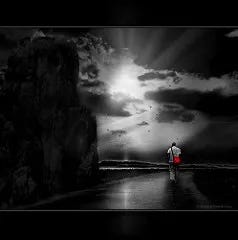
The word we’re translating as “suffering” is “dukkha”. It’s been translated as suffering for hundreds of years now, so that’s not likely to change. But I want to think of it in a bit of a different way. In the original language dukkha has connotations of being off track. A metaphor that is used to define this word is “like an ox cart with a broken wheel”. I don’t really know what an ox cart is, so I want to extend that analogy to make it shopping cart instead.
Sometimes you go to the grocery store and you get a shopping cart. The wheel on the cart is a little bit messed up. Maybe it sticks once in a while, or it wobbles a little. It makes the shopping experience a little bit more unpleasant. It’s not so unpleasant that you’ll go back and get another one, but it’s bad enough that you know it’s happening and you wish it would stop.
That’s life. Things are a little bit off sometimes. This will never stop coming and going. Sometimes life feels like a cart with a broken wheel. Sometimes it feels like a cart with two or three broken wheels. That is the meaning of suffering.
The Buddha identified three kinds of suffering. They are:
1) The suffering of suffering
2) The suffering of change
3) The all pervasive suffering of everything composite.
The Suffering of Suffering is defined by Khentrul Lodro Thaye in ‘The Power of Mind’ as: “Any experience that is unpleasant, unwanted, or painful. Not only physical pain but also mental unhappiness.” This also includes not getting what we want. We have a sort of sense of entitlement, I think. We can get mad at the whole world when events don’t unfold in a way that corresponds to our desires.
The Suffering of Change represents our wish to hold onto things. Happiness doesn’t last. When we get what we want, sometimes we’re obsessed with thinking about it coming to an end, because everything comes to an end. We suffer when we lose the things we like having and when pleasant circumstances change. We think that if we just get this or that aspect of life figured out, then we’ll have permanent and lasting happiness. Happiness doesn’t last.
The All-Pervasive Suffering of Everything Composite is inherent in everything.
Khentrul Lodro Thaye describes this as: “Not a direct sensation of pleasure or pain but instead the inherent conditions of suffering within each appearance.”
This is the underlying suffering that doesn’t come and go. It’s an underlying sense of discomfort that is with us. This discomfort exists because we cling to our self-obsession and we aren’t reaching out potential for wisdom and compassion.
So, as I said above, life is a broken wheel that’s messing up our day. But, here’s the thing: that wheel is not a problem unless I decide it’s a problem. I have the power in this situation, although it often feels like I don’t.
Khentrul Lodro Thaye says, “There isn’t a thing called suffering that exists outside of ourselves. Our way of relating to the objects we perceive causes us to suffer.”
It’s empowering if I can change the situation. Pain is inevitable because life is hard. But we can at least learn to manage the way we tend to make our pain worse. I have a great capacity to escalate my own suffering. I suspect that you do too. So let’s make sure we’re working to train our minds so we can learn to stop escalating all the time.
========================================
click the bell for a guided meditation:


